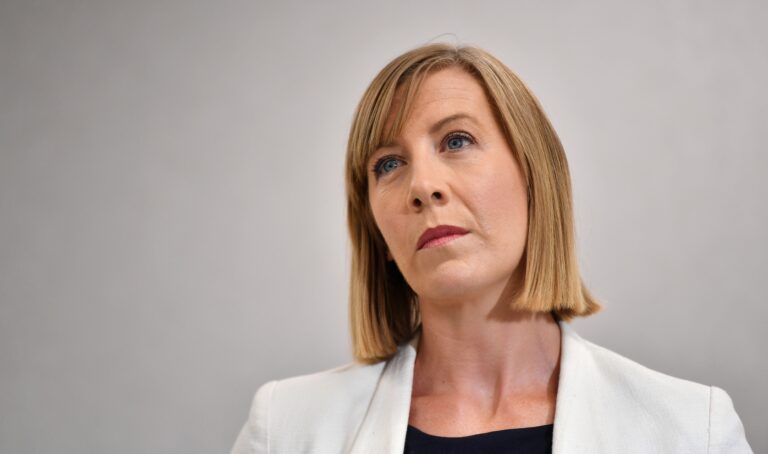
Bikes are a shared problem
BY STATON WHALEY
Six Sydney councils have banded together in an effort to have NSW government pass regulation regarding bike shares’ upkeep and maintenance.
Bike shares are offered by four companies in the inner Sydney area as mode of simplified, quick transportation. One must simply log on to a smartphone app, which is linked to personal payment, activate the bicycle, ride, and then, when finished, drop off the bicycle upright with its helmet attached at any location. The problem that Sydney residents and their councils have seen is the state in which these bikes are left. Often the bikes are damaged, vandalized, thrown in trees or pools, or blocking footpaths or traffic. The question becomes one of who is to take responsibility for the bikes strewn about the city and residential neighborhoods.
The City of Sydney, the City of Canada Bay, Woollahra, Waverley, Inner West, and Randwick City Councils issued a joint media release siting the increasing numbers of bike share usage since January 1st: an average of 6,600 trips per day.
While rides on the bikes shares have spiked in the New Year, the Mayor of the Innerwest Council Darcy Byrne states he first “convened the council meetings last year as it was clear that the Transport Minister Andrew Constance and the parliament weren’t going to take action to properly regulate the sector.”
According to Byrne in order for the bike shares to succeed there needs to be “one jurisdiction, and that is what [they] are trying to achieve.” The goal of this unity between councils is ultimately for “the NSW government to legislate the bike share sector under the law and give the local councils the power to regulate it.”
Byrne, speaking for the coalition of councils, said “They believe that Andrew Constance should step up and take on a few rogue bike operators in the interests of the residents of Sydney.”
Mayor of Waverley John Wakefield noted that while all councils would have the right to deal with the bikes as each sees fit, there is generally a sense of concurrence on some “agreed guidelines between all of [the councils].” This would include a contractual agreement with the operators to “clean up, maintain, and provide sufficient promotion of their phone numbers and internet details to allow people to report dumped or broken bikes,” as well as disclose
“basic statistical information,” such as “levels of usage, where [the bikes] are coming from and being ridden to, and frequency…that will allow to measure the success of the operation.”
The current procedure in Waverley is to “clean up and impound a large number of the [bikes] because bike operators have not done so.” Since the New Year, there have been over 110 bikes impounded in Waverley. If the companies wish, the bikes may be taken out for $70, or left for recycling.
Peter Cavanaugh, Mayor of Woollahra Council “would like to see the NSW Government taking a leadership role regarding this issue, and update legislation to reflect changes to the emerging bike share industry.”
City of Sydney Lord Mayor Clover Moore believes “operators need to do more to keep their bikes and our streets safe and uncluttered,” and is “seeking an urgent meeting with the Transport Minister.”
Moore’s proposed solution “requires operators to proactively identify and replace damaged bikes.” Transport centres are noted as the most popular drop-off spots for bike shares. The Lord Mayor insists council does its part as well in “install[ing] more bike parking to keep busy locations tidy.”









